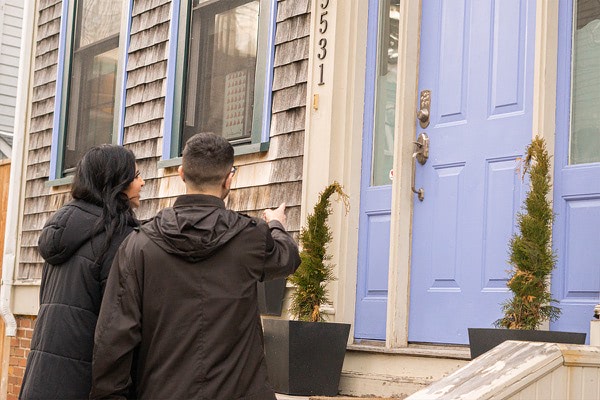New home buyer in 2024? In this post, we examine 5 important tips to follow when purchasing a house this year.
Young, broke & clueless: Halifax closing costs FAQ
Closing costs, like death and taxes, are unavoidable; better to prepare than end up on the Kraft Dinner diet the first year in your first home!
Considering closing costs before searching for your dream home in Halifax is less romantic than falling in love at first sight and just financing it. The consequent effects on the wallet and mind aren’t worth it.
Unfortunately, the old cliche that ‘closing costs will getcha’ is all too real! In Halifax, a warming real estate market combined with unstable employment (contract position, anyone?) has millennials at more of a disadvantage than older counterparts often realize.
What’s a Halifax millennial to do?
Know your enemy, for one. We’ve compiled a list of common closing costs in Halifax that often catch aspiring home owners unaware.
Secondly, we strongly advise seeking the advice of an unbiased mortgage broker well in advance of your estimated house hunting. The best mortgage brokers aren’t there to facilitate a transaction, they empower clients to reach homeownership goals.
The enemy: Closing costs
Land transfer tax/deed transfer tax:
Usually the largest single charge, land transfer tax is calculated by taking purchase price and multiplying it by a table of rates that rise with the purchase price. In Halifax, it’s 1.5 per cent of the purchase price.
Legal fees and disbursements:
Fees vary widely from lawyer to lawyer and can be based more on law firm policy than on difference in service. In typical Halifax tradition, we suggest getting a recommendation from a friend or colleague that you trust in order to find the ideal legal expert. Standard disbursements include title insurance, registering the deed and mortgage charge, performing a title search, and preparing your tax certificate. The best way to ascertain legal fees is to get a quote!
Closing adjustments:
Reimbursements to the seller for any payments that were made for a period extending beyond the closing date. Essentially, you are reimbursing the seller for the portion of each charge that applies to the time when you are the owner. For example, property taxes or fuel in the oil tank.
Interest adjustment:
The interest adjustment cost covers the period between your closing date and the first scheduled payment (which lenders like to start on the first of the month, traditionally).
Home inspection fee:
The purchaser is responsible for having the property they wish to buy inspected by a licensed home inspector. The fee varies from professional to professional. Additionally, the purchaser will have to pay the fee at the time of inspection.
Mortgage loan insurance:
With a down payment of less than 20 per cent, borrowers must have mortgage loan insurance. In the event you default on your loan, you will reimburse the lender. The smaller the down payment, the higher the insurance fee. This fee is calculated as a percentage of the purchase price and can be added to the mortgage balance. Also, in some provinces, the insurance is taxable (not Nova Scotia).
HST for new home buyers:
Harmonized sales tax is paid on new construction real estate, but the upside is Nova Scotia’s First-Time Home Buyers Rebate. Equivalent to 18.75 per cent of the provincial portion of the HST, or 1.31 per cent of the price, up to $3000 on newly built homes may be returned to home owners!
Status certificate:
Condo buyers need to pay for a status certificate, which their lawyer will review at closing. It includes the condo corporation’s financial statements and bylaws and it will give you a sense of the overall financial health of the partnership you are about to join.
Contact us for mortgage counselling today!


